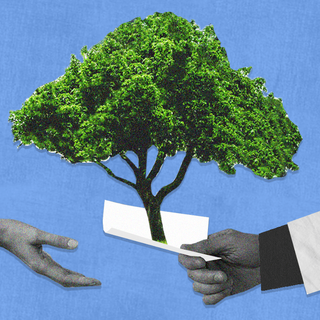Cannabis is banned in India, but its widespread use in medicine, science, and the spiritual landscape gives it unbridled longevity. Adding to this is a new research that shows female adults, who use cannabis “heavily,” have a lower risk of developing diabetes.
Diabetes is a health condition that results from one’s blood glucose — or “blood sugar” — being too high. As of 2017, 72.9 million people in India had diabetes.
Published in Cannabis and Cannabinoid Researchearlier this year, the study looked at 15,000 participants in the U.S. The researchers determined the participants’ “diabetes status” by examining levels of plasma glucose, fasting blood glucose, or hemoglobin A1C levels. They defined smoking cannabis fewer than four times a month as “light” use, and four or more times as “heavy” use.
The results showed that heavy use made female users less likely to be diagnosed with diabetes, as compared to the part of the female population that didn’t use cannabis. They found light usage among female participants to have no bearing on diabetes diagnoses.
Interestingly, the researchers didn’t find any links between cannabis use — whether heavy or light — with diabetes risk among male participants.
Related on The Swaddle:
Medicinal Cannabis Can Help Reduce Depression, Study Confirms
Experts haven’t been able to determine the exact reason behind the varying impact of cannabis use on different sexes, but they have a theory. Two key compounds of cannabis — cannabidol and delta-9-tetrahydrocannabidol — “stimulate receptors in the endocannabinoid system that result in improved glucose disposal,” an article on Neuroscience News explains. The endocannabinoid system is a web of neurotransmitters and receptors found in the nervous system that regulates different biological processes. The function of glucose disposal is one of them. Since the endocannabinoid system, which is impacted by cannabis use already works differently for different sexes, the end-effect automatically differs.
In the past, too, research has shown cannabis use to be beneficial for women on different counts. A 2020 study, for instance, linked “routine cannabis consumption” among females improved their sexual satisfaction — positively impacting levels of desire, arousal, and even orgasms.
Another study from 2002 suggests cannabis use could be helpful for women going through menopause — especially if they are experiencing hot flashes, which is the most common of menopause symptoms. By lowering one’s body temperature, THC, a component of cannabis, may help mitigate the hot flashes.
A review of historical records even indicates the ability of cannabis to relieve pain, stabilize mood, prevent nausea, or help ease PMS.
However, in order to see whether the association between cannabis use and lowered risk of diabetes throws up any viable treatment options, there’s still a lot to be done. First of which, of course, is that scientists would have to understand the exact bodily mechanism behind the association.




